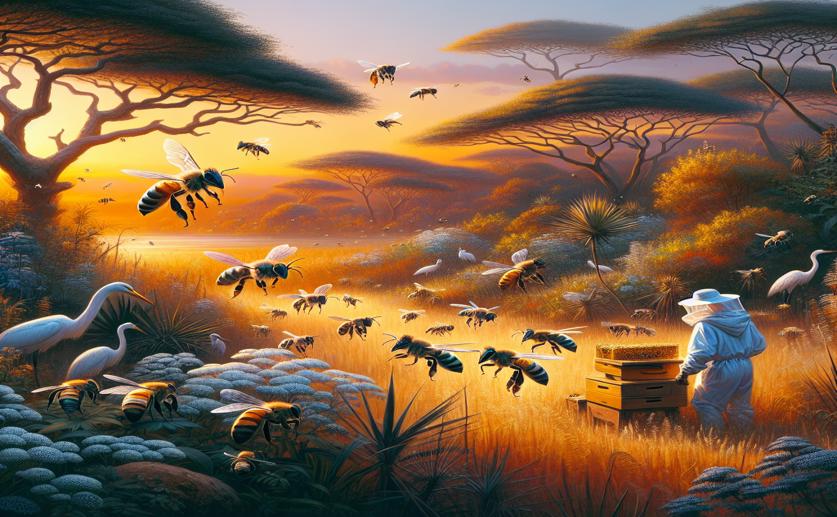
Understanding and Managing Wild African Honey Bees
Mary Jones
26th January, 2024

Image Source: Natural Science News, 2024
References
Main Study
1) Ecology and Management of African Honey Bees (Apis mellifera L.).
Published 25th January, 2024
https://doi.org/10.1146/annurev-ento-020823-095359



 24th January, 2024 | Greg Howard
24th January, 2024 | Greg Howard